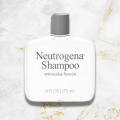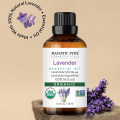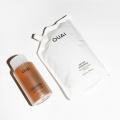Exploring 6 Benefits of Poppy Seeds And How to Add Them to Diet
Discover the various benefits of poppy seeds and how they can improve heart health, aid digestion, promote better sleep, reduce inflammation, and more.
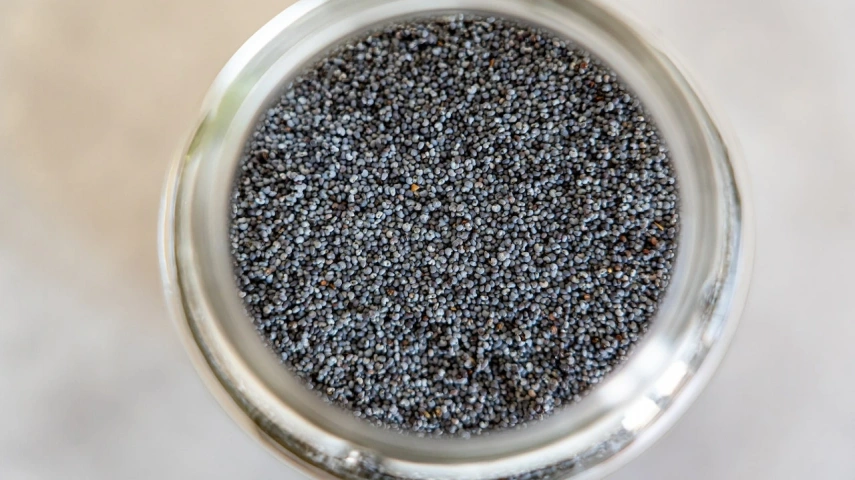
Poppy seeds are a small but powerful ingredient that has been used for centuries in traditional medicine and cuisine. Poppy seeds are round, blue-black seeds that are derived from the opium poppy plant. They are used for cooking in sweet and savory dishes. Poppy seeds are packed with a range of nutrients and health benefits that make them such a valuable addition to any diet. From promoting better sleep, and reducing inflammation of cells, to supporting heart health and digestion, the benefits of poppy seeds are numerous and impressive. Poppy seeds have also been found to have analgesic, or pain-relieving, properties (1). In this article, let us explore the benefits of poppy seeds and much more, and become knowledgeable on how to use them.
Are Poppy Seeds Good for You?
Yes, poppy seeds are good for you! Supporting the same, our contributor Dr. Krutika Nanavati - ClinicSpots, says, “Poppy seeds offer a range of beneficial health effects. They are rich in essential minerals such as calcium, iron, zinc, magnesium, and potassium which all help to maintain good overall health. Additionally, poppy seeds contain lignans which possess anti-cancer properties and have been linked to reduced risk of cancerous tumors.” However, it's important to consume poppy seeds in moderation, as they can also have some potential risks, such as causing a positive drug test. Adding poppy seeds to your diet in moderation can provide numerous health benefits and contribute to an overall healthy lifestyle.
Nutritional Value of Poppy Seeds
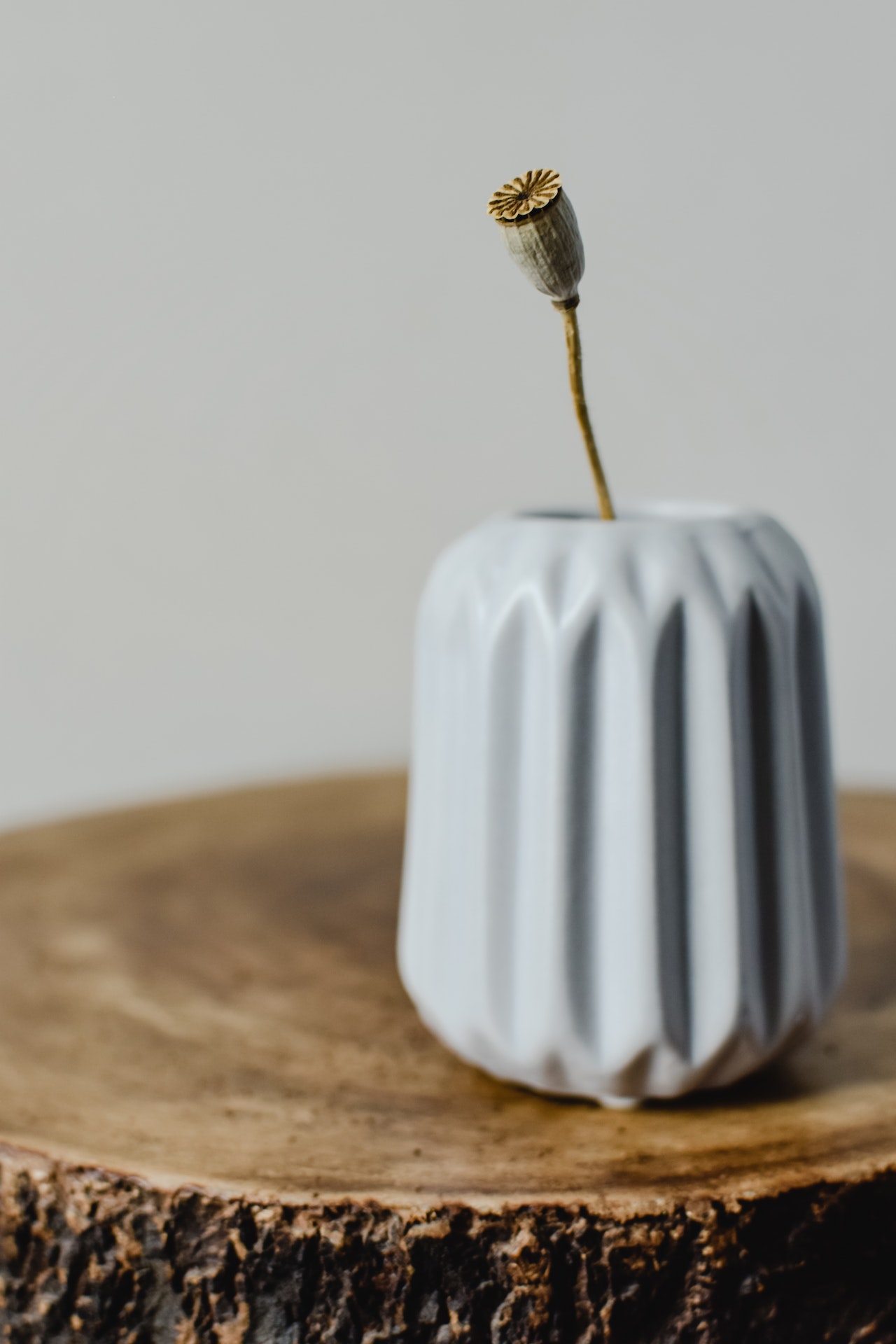
According to the USDA, one teaspoon of poppy seeds contains the following nutrients (2):
- Fat: 1.2 g
- Calories: 14.7 kcal
- Potassium: 20.1 mg
- Sodium: 0.7 mg
- Total Carbohydrates: 0.8 g
- Dietary Fiber: 0.5 g (about 2 percent of the daily value)
- Total Sugars: 0.1 g
- Protein: 0.5 g
- Calcium: 40 mg (3 to 4 percent of the recommended daily intake, RDI, for adults)
- Iron: 0.3 mg (1.5 percent of the RDI for adult women)
- Magnesium: 9.7 mg (2 percent of the RDI)
- Manganese: 0.2 mg (8 percent of the RDI)
The combination of these ingredients lends to the various health benefits of poppy seeds.
6 Health Benefits of Poppy Seeds
Poppy seeds have a range of health benefits that make them a valuable addition to any of your meals.
1. May Improve And Protect Cardiac Health
Poppy seeds may help reduce the risk of heart disease and stroke as they contain unsaturated fats that may help to lower the bad cholesterol levels in your blood (3). In addition, poppy seeds are rich in potassium, a mineral that may help to regulate blood pressure, strengthen the walls of the arteries, and promote healthy heart function (4).
2. May Improve Digestive Health
Poppy seeds are a good source of dietary fiber, which helps promote regularity in bowel movements and prevent constipation (3), (5). Consumption of dietary fiber also promotes the growth of healthy gut bacteria (6). Poppy seeds are also known to have an antidiarrheal effect and may help bring relief to an upset stomach (1).
3. Poppy Seeds Have Anti-inflammatory Properties
Poppy seeds contain tocopherols which are known to exert anti-inflammatory effects on the body, and thus reduce the chances of conditions such as cardiac disease, cancer, arthritis, and more (3).
4. They Are a Moderate Source of Protein
Poppy seeds not only contain a range of essential vitamins and minerals but are also a great source of plant-based protein (3). A high-protein intake can have several positive impacts on the body including improved bone density, increased lean mass, and improved gait (7).
5. May Lead to Improved Sleep
Poppy seeds have been used in ancient traditional medicine as a sleep aid. It has sedative properties which may help improve sleep and treat insomnia (8), (1). Our contributor Dr. Krutika Nanavati, shares a tip, saying, “Poppy seeds can be used to improve sleep. Consuming a teaspoon of poppy seed extract mixed with honey or milk before bedtime can help induce relaxation and allow for peaceful rest.”
6. May Provide Pain Relief
Poppy seeds contain compounds that can bind to opioid receptors in the brain, similar to prescription painkillers. While not as potent, poppy seeds can provide relief from mild to moderate pain (9), (1).
Poppy seeds offer a wide range of health benefits for overall health and wellness. Let’s see how you can add them to your diet.
How to Use Poppy Seeds
Due to its versatility, you may use poppy seeds in many different ways:
- Baked Goods: Poppy seeds are a popular ingredient in baked goods,
- Salad Toppings: Sprinkle poppy seeds over your favorite salads for an extra burst of flavor and texture. They pair well with fruit-based salads, such as strawberry spinach salad.
- Sauce and Dressings: Poppy seeds can be added to sauces and dressings to add a unique flavor. For example, poppy seed dressing is a popular choice for fruit-based salads.
- Spices: Poppy seeds can be used as a spice to flavor dishes. They are commonly used in Indian cuisine, to make a creamy paste for savory and fragrant curries.
- As Sprinkles: Add a sprinkle of poppy seeds to your morning oatmeal, smoothies, or yogurt to boost the nutritional value of your meal.
How to Select And Store Poppy Seeds
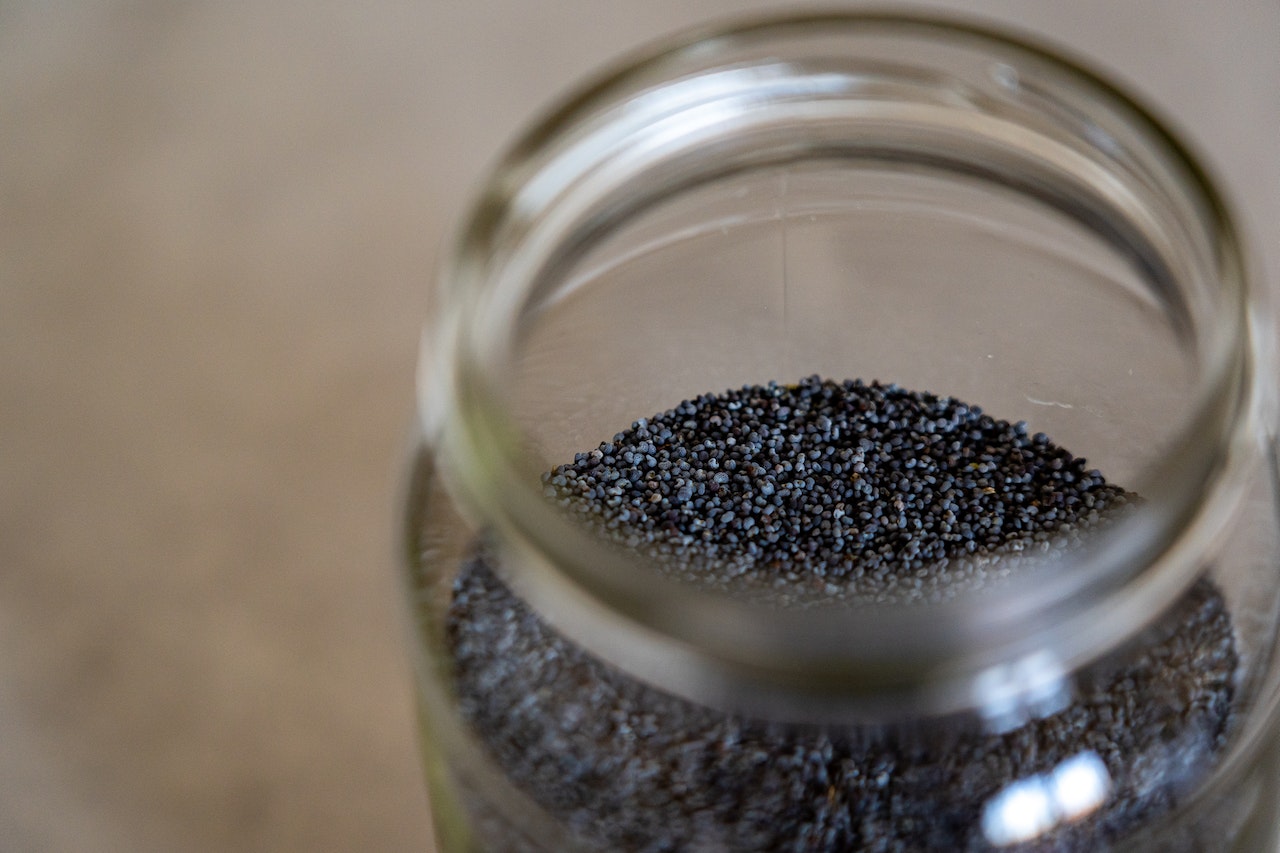
You can ensure that they maintain their freshness, flavor, and nutritional value for longer by following these tips for selecting and storing poppy seeds
- Choose good quality seeds: When selecting poppy seeds, look for seeds that are plump, dry, and uniform in their color. Avoid seeds that are dull, discolored, or have a musty smell, as these may be old or moldy.
- Check the packaging date: If purchasing packaged poppy seeds, check the date on the package to ensure they are fresh. Poppy seeds can quickly lose their flavor and nutritional value if stored for too long.
- Storage: To maintain freshness, store poppy seeds in an airtight container and in a cool, dry place. Avoid storing them in direct sunlight or in a humid environment, as this can cause them to spoil.
- Use within a reasonable timeframe: Poppy seeds are best used within six months to a year of purchase. After this time, they may begin to lose their flavor and nutritional value.
- Toast before use: To bring out their flavor, consider toasting the poppy seeds before using them in a recipe.
Side Effects of Poppy Seeds
Here are some side effects of poppy seeds to keep in mind:
- False-Positive Drug Test: Poppy seeds originate from the same plant as opium, and they can contain trace amounts of opiates. Consuming large amounts of poppy seeds may lead to a false-positive result on a drug test for opioids. It is recommended to avoid consuming poppy seeds at least 48 hours before a drug test (3).
- Allergic Reactions: Some people may be allergic to poppy seeds. You may develop signs such as itchiness of the skin, swelling, and difficulty in breathing (10). It is best to avoid them if you develop any allergies to poppy seeds.
- Interference with Medications: Poppy seeds can interact with certain medications, particularly those that affect the central nervous system.
- Constipation: While poppy seeds can help promote regularity when consumed in moderation, consuming large amounts of poppy seeds can actually lead to constipation.
- Risk of Overdose: While it's rare, consuming very large amounts of poppy seeds can lead to opiate overdose. Symptoms of overdose may be shallow breathing, dizziness, loss of consciousness, and confusion (11).
In general, consuming moderate amounts of poppy seeds is considered safe for most people. Before popping in some poppy seeds we recommend you speak to your doctor if it suits you.
Precautions Before Taking Poppy Seeds
It is essential to take some precautions while incorporating poppy seeds into your diet. Here are some precautions to keep in mind:
Avoid consuming large amounts:
Poppy seeds contain trace amounts of opiate alkaloids, which can cause a positive drug test, opioid poisoning, or an overdose. So, it's essential to consume them in moderation.
Pregnancy:
A pregnant woman may want to avoid or limit the consumption of poppy seeds as not enough studies have been done on the safety profile of poppy seeds during pregnancy and the concerns of these seeds being related to opioids.
Breastfeeding:
A breastfeeding mother may avoid poppy seeds as they contain small amounts of morphine and other opioids which may pass through the breast milk.
Allergy:
People with a known allergy to poppy seeds (morphine) should avoid consuming them.
Interactions with medications:
Poppy seeds may interact with certain medications, including painkillers, sedatives, and antidepressants. So, it's essential to consult with a healthcare professional before consuming poppy seeds if you are on medication.
Store correctly:
Storage of Poppy seeds should be kept in an airtight container, in a cool, dry place, as this helps them from getting spoilt.
By taking these precautions, you can enjoy the health benefits of poppy seeds while minimizing any type of risks that are associated with their consumption. It is advised to speak to a dietician or an expert if you do have any doubts.
Conclusion
Poppy seeds are a small but mighty addition to your diet, providing a range of essential nutrients and potential health benefits. From promoting heart health and better digestion to reducing inflammation and potentially relieving pain, there are many benefits of poppy seeds that can give you good reasons to consider incorporating these humble seeds into your meals. However, due to their opiate alkaloid content, consuming large amounts can lead to positive drug test results and other adverse effects. It's also important to be aware of any potential drug interactions or allergy concerns before consuming poppy seeds. Overall, moderate consumption of poppy seeds is generally safe and can provide a range of health benefits.
Contributor: Dr. Krutika Nanavati, Registered Nutritionist and Sports Dietician - ClinicSpots
Sources:
1. TRADITIONAL USES, PHYTOCHEMISTRY AND PHARMACOLOGICAL ACTIVITIES OF PAPAVER SOMNIFERUM WITH SPECIAL REFERENCE OF UNANI MEDICINE AN UPDATED REVIEW
2. Spices, poppy seed`
https://fdc.nal.usda.gov/fdc-app.html#/food-details/171330/nutrients
3. Nutritional and Chemical Characterization of Poppy Seeds, Cold-Pressed Oil, and Cake: Poppy Cake as a High-Fibre and High-Protein Ingredient for Novel Food Production
https://www.ncbi.nlm.nih.gov/pmc/articles/PMC9562219/
4. Effect of increased potassium intake on cardiovascular risk factors and disease: systematic review and meta-analyses
https://www.ncbi.nlm.nih.gov/pmc/articles/PMC4816263/
5.‘Effect of dietary fiber on constipation: a meta analysis
https://pubmed.ncbi.nlm.nih.gov/23326148/
6. Dietary fiber and prebiotics and the gastrointestinal microbiota
https://www.ncbi.nlm.nih.gov/pmc/articles/PMC5390821/
7. Plant Proteins: Assessing Their Nutritional Quality and Effects on Health and Physical Function
https://www.ncbi.nlm.nih.gov/pmc/articles/PMC7760812/
8. Poppies as a sleep aid for infants: The “Hypnos” remedy of Cretan folk medicine
https://www.ncbi.nlm.nih.gov/pmc/articles/PMC8511716/
9. Health(care) in the Crisis: Reflections in Science and Society on Opioid Addiction
https://www.ncbi.nlm.nih.gov/pmc/articles/PMC7795923/
10. A Fatal Case of Opioid Intoxication After Raw Poppy Plant Ingestion
11. Poppy Seed Tea: A Short Review and Case Study
https://www.ncbi.nlm.nih.gov/pmc/articles/PMC6513924/
12. Dietary Protein and Potassium, Diet–Dependent Net Acid Load, and Risk of Incident Kidney Stones





 JOIN OUR WHATSAPP CHANNEL
JOIN OUR WHATSAPP CHANNEL






































